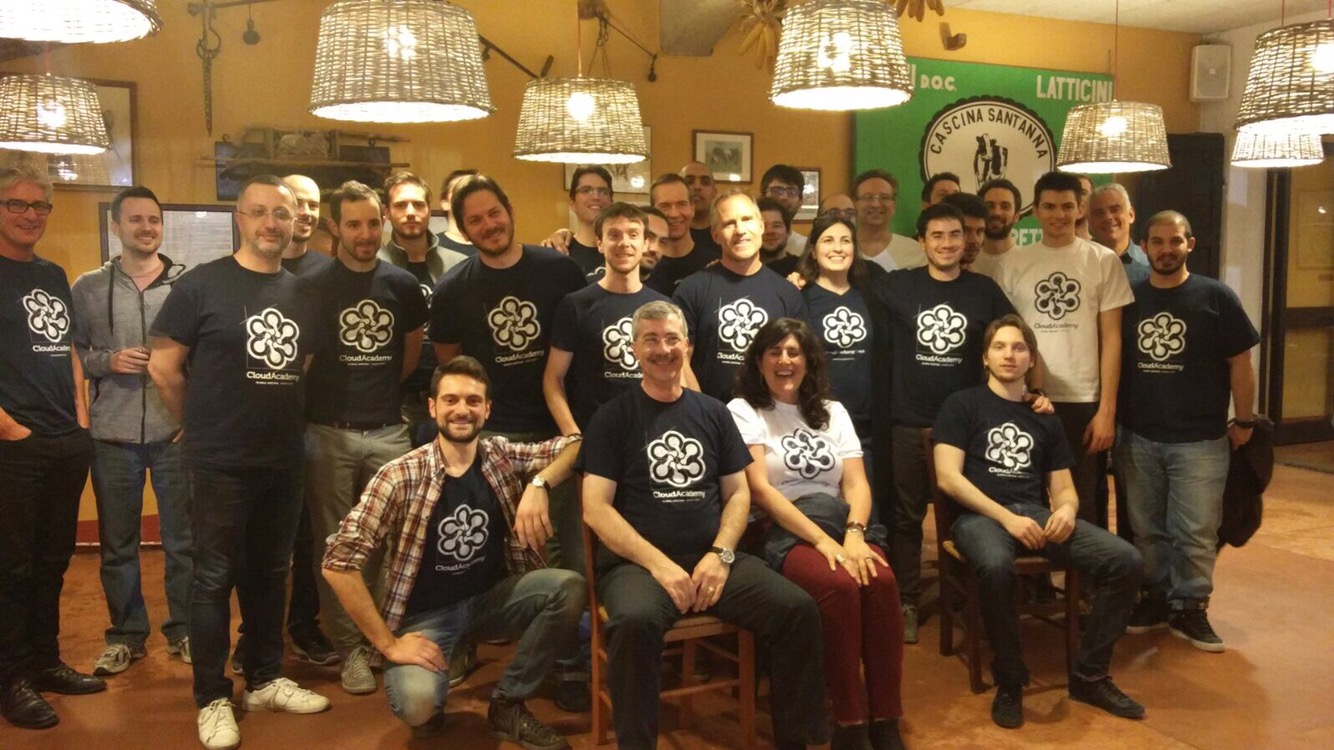This is the classic mistake you recognise only once you have done it. It is easy to understand why you shouldn’t build your startup (let’s call it company) with someone that is not an entrepreneur at the heart. Let me summarise it in 5 simple points. They are very general, and I don’t like writing fluffing stuff, but I will try to be more specific, with real example and personal stories, very soon 🙂
1 – Risk. When you start a new venture risk is the only certain thing. You want to have someone that is able to embrace and understand it without consequences. It means being able to take decisions that seem counterintuitive and hard decisions that normal people would avoid at 100%.
2 – Strategy and planning obsessed. This is common to see for people that did management studies, have MBAs and other types of master. You pitch them about a simple idea and they come up asking you what’s your projected revenues in 5 years from now. They are sometimes great managers, but they usually are bad risk takers and even if strategy and planning is 90% of your success in the future, starting off requires a more entrepreneurial mind-set. Having someone like this in your team can literally kill your company in the first 24 months.
3 – They avoid doing concrete things. The worst signal and the easiest one. If you have to do one single task and this has been postponed for weeks with simple excuses “we should hire someone that is a specialist for this“, “let’s plan how to do it perfect” etc. I met so many people of this type. There is a common characteristic that applies to every entrepreneur: they are very practical people and they get things done, in a way or another. Done. Not postponed 🙂
4 – They don’t understand the product/service. Yes, it happens a lot. I meet people that have ideas, a lot of them. But you know “I need to find someone that can build it, I’m not an expert and don’t really understand it”. Wow. You want to build a company, a product, but you don’t want to understand it and get your hands dirty on that market. Ok. Just another signal.
5 – “As soon as we have the money..” – Ok. This could be a good thing, but the reality is that is a bad signal for someone that doesn’t understand entrepreneurship at all. If you have are waiting for the perfect conditions: having exactly the amount of money you need, having the market you operate in booming and all the stars aligned over your head…well, let’s say that you are a good dreamer, not an entrepreneur. Good luck with such people. They are not risk-takers and unfortunately entrepreneurship is 99% operating in bad conditions, not optimal. This is somehow my favourite one: it’s a mix of points 1, 2 and 3. Just awful to deal with.
Is there anything else?
I somehow met all this kind of people. There are other signals you should consider as well. Another just coming up to my mind are people doing 3 different things at the same time. They have a full time job, a company and are looking for other opportunities. “Uh, I don’t have much time, but maybe I can help you with some hours a week“. There are exceptions, but 99% of the times they are just putting them in many potential opportunities, hoping something will make them billionaires. It doesn’t work 🙂
There is not mid-way solution
Last but not least. This is for you, you that are the real entrepreneur.
It’s easy to come up with excuses and fall in love with some of those people, specially if you don’t have experience. You tend to evaluate everything else they are capable of and lie to yourself about that signals. Sometimes they are more senior than you and you think it’s going to be great to have such an experienced guy on your side. It’s not. There is a reason why they didn’t start anything before. It can be frustrating, but the only way to be successful or, let’s say, to get your company off the ground, is to avoid them at 100%, it’s the only “medicine“, but just the right one 🙂
Talk soon!
Stefano






